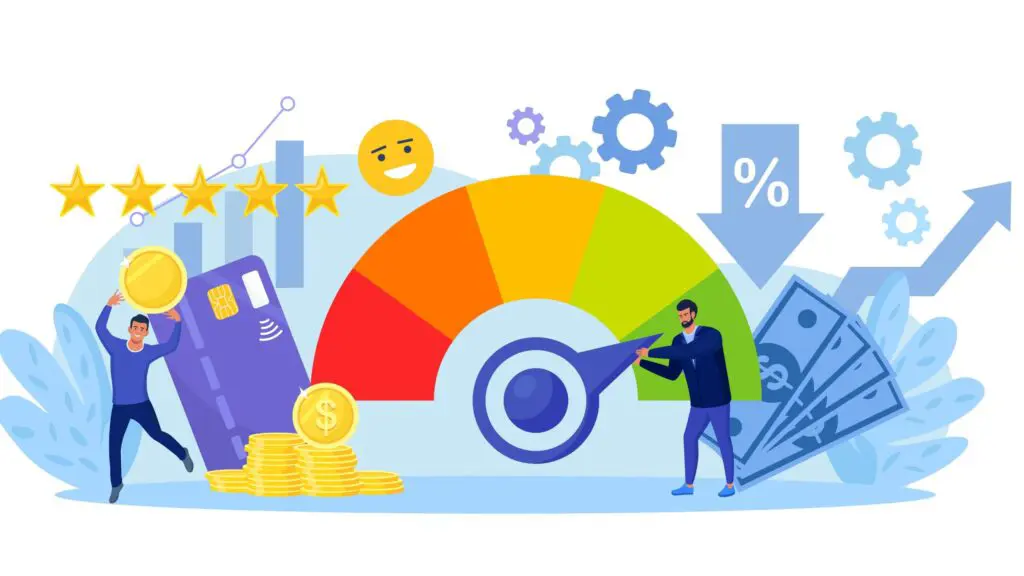Capital credits are one of the perks of using a not-for-profit co-op for your utilities. Capital credits are refunds that are returned to members at the end of each year. When an electric co-op sees additional revenue at the end of the year, members will be awarded capital credits based on the amount of electricity they have used. These capital credits work as a form of profit-sharing or patronage capital for the co-op. They are a reward for members who pay into the cooperative.

How do Capital Credits Work?
Most people receive their electricity from a large for-profit corporation that provides energy in exchange for payment. Nonprofit Electric co-ops give members the added financial reward of revenue sharing if the company makes a profit. Here is a breakdown of how capital credits work.
Tracking your Electricity Usage
Throughout the year, the electric cooperative that you are a member of will track the amount of electricity you use and compare it to the amount you pay each month. This running tally of electricity usage is used to determine how much capital credit members will be eligible for at the end of the year.
Assessing Excess Revenue
After the year has come to an end, your electric co-op will assess the amount of excess revenue. This is calculated by subtracting the actual cost of the electricity used in the year from the amount of payments collected from members. If annual payments are larger than the actual cost of the utility, the co-op will begin allocating capital credits to members.
Allocating Capital Credits
If the co-op has determined that there was excess revenue at the end of the year, they will begin allocating capital credits to member accounts. The amount of capital credits is determined by the amount of electricity each member used in comparison to the amount they paid for. Users who did not use the amount of electricity that they paid for will be awarded capital credits to their capital credit account.
Retain Capital Credits
Most electricity coops will retain the excess revenue even after awarding capital credits. This revenue is used to make improvements for the future of the co-op and to keep operating costs low. These retained credits are often reinvested by the co-op to help pay for operations or as an emergency fund. Retaining the capital credits allow coops to keep membership rates low and avoid borrowing more money for operations or improvements.
Refund Capital Credits
When enough excess revenue has been retained to offset costs of the co-op, members can begin refunding their capital credits. When capital credit is refunded, members can use their balance toward their future payments or to reduce their electricity cost for the next year.
Retire Capital Credits
After retaining capital credit for a few years to ensure viable operating costs, members can begin retiring their capital credits. When users retire their capital credits, they will receive checks from their co-op for the value of their capital credits.
Another way that capital credits can be refunded or repaid is upon the death of a member. When a member dies it’s part of an electricity Co-op, their capital credits will be paid out to their beneficiaries.
Are Capital Credits Taxable?
One of the most commonly asked questions about capital credits is if they are taxable as a form of income. Luckily, capital credits are not taxable as there is simply a refund for a payment already made. Capital credits are not considered capital gain and are classified as a return on the previous year’s profit margin.
The one exception to this rule is if the electricity provided by the Co-op is a business expense. Capital credits retired or refunded by businesses can be taxed.

How can You Start Earning Capital Credits?
Earning capital credits is as easy as joining an electricity Co-op in your area. Do your research and see if any nonprofit co-ops provide electricity to your area. If there are, apply to become a member. When you’re accepted you will pay for your electricity through the electricity Co-op and potentially be eligible for capital credits if your Co-op sees excess revenue at the end of the year. Simply paying for your electricity with a Co-op can earn you these capital credits which will result in discounts on your payments or checks in the mail. Here are some of the other benefits of joining the electricity Co-op.
The Benefits of Joining an Electric Cooperative
While many people are not familiar with electric cooperatives, those who have become members have been Privy to a Suite of advantages.
Capital Credits
As explained above capital credits are the most obvious advantage of choosing electric cooperative over a traditional utilities company. Sharing excess revenue with members results and lower rates and cash refunds.
Community Focused
Due to their nonprofit status, electric cooperatives focus on serving and providing for the community that they provide service to. Most cooperatives perform community outreach to help support and grow rural areas. This includes educational opportunities as well as providing electricity in places the traditional electric companies will not.
Member Controlled
Most if not all electric cooperatives follow a democratic process to give members power over how the Co-op runs. Members often get a vote in policy adoption and board member elections. This allows members to have more control over how the utilities are delivered and what support the cooperative can provide for the surrounding community.
Reliability
Unlike traditional utility companies that are focused on turning a profit, electricity co-ops reinvest the revenue into providing a more reliable service. This includes infrastructure that supports more reliable electricity especially in times of natural disaster.
Conclusion
Joining an electricity cooperative and taking advantage of capital credits is a great way to save money on your utility bills in the long run. Capital credits help keep costs low and can eventually be retired to lower your monthly bill. If the cooperative does particularly well over a few consecutive years you will even receive refunds in the form of a personal check.




